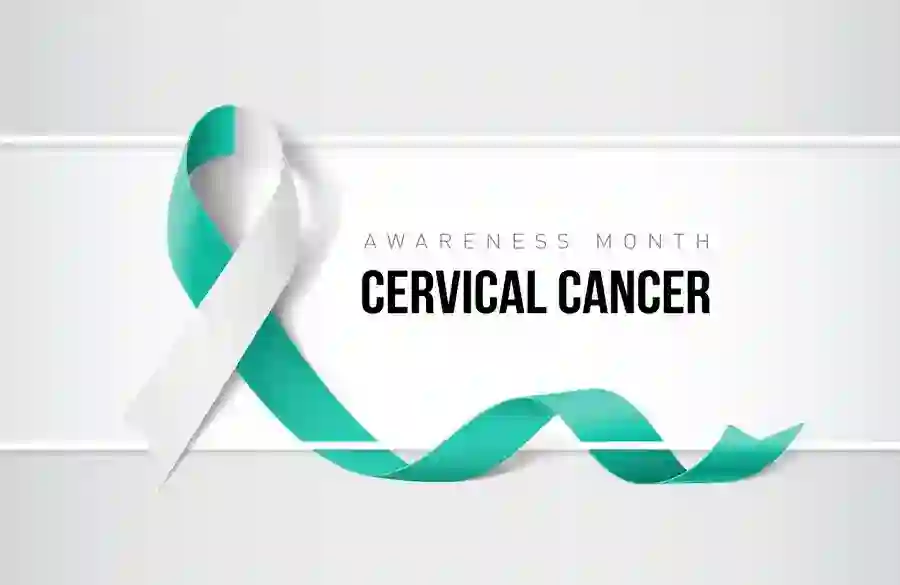
It’s Cervical Cancer Awareness Month, and awareness of the disease has grown in recent years. Cervical cancer is the second most common cancer in women. It is most common in women of reproductive age, i.e. between the ages of 15 and 44.
According to the report, 1,23,907 women in India are diagnosed with cervical cancer each year, with 77,348 dying as a result of the disease. Experts also recommend.
Cervical Cancer
Cervical Cancer Awareness Month, observed in January, is the ideal time to discuss this health issue and why women, particularly in India, are developing cancer at such a young age, as well as who is most vulnerable.
Cancer develops when the cervix becomes infected with HPV and begins to multiply, resulting in the formation of a mass or tumor due to the accumulation of cells, the majority of which are cancerous. Cancer is a health problem in which cells in the body grow out of control.
Cancer is always named after the body part in which it occurs, so cervical cancer is cancer of the cervix. The cervix connects the vagina (birth canal) to the uterus’s upper part. When a woman is pregnant, the uterus (or womb) is where the baby develops.
Read more: Adults with ADHD traits have higher risk of having anxiety and depression
Who Are Most At Risk?

Women who have been infected with HPV are more likely to develop cervical cancer because their body part is more susceptible to further contamination. Males cannot get this cancer because they lack a cervix; however, sexually active men can become infected with HPV.
Aside from that, experts believe that maintaining safe and sanitary sexual health is one way to avoid cervical cancer.
According to experts, there are few early signs of cervical cancer, and symptoms appear mostly at the later stages of the disease. These are some examples:
- Vaginal bleeding following sexual contact
- Heavy, bloody vaginal discharge
- Intercourse discomfort
- Unknown cause of persistent pelvic and/or back pain
Importance of Screening
Screening is important because it may aid in the prevention of cervical cancer, which can be asymptomatic in the early stages. Screening, also known as smear tests, involves taking a sample of cells from your cervix (the neck of your womb) to see if they contain the human papillomavirus (HPV).
HPV is a common virus that most people contract at some point in their lives; however, we often are unaware that we have it because our bodies fight it off on their own. If your test detects HPV, your sample will be tested again to look for changes within your cells. If any abnormal changes are discovered, they will be monitored or treated to reduce the likelihood of them developing into cancer in the future.
Even if you’ve had the HPV vaccine, you should still get your cervical screenings because it only protects you against the two types of HPV most commonly associated with cancer.
- Remember that while tests may be unpleasant but they are not painful.
- Get rid of embarrassment.
- Learn how to use distraction techniques.
- Share your thoughts
If you find the procedure intimidating, using distraction techniques can help you feel less overwhelmed. Some people find it relaxing to listen to music, listen to a podcast, or watch something on their phone while having their cervical screening.
Talking about your concerns and experiences with cervical smear tests, whether with friends or a health professional, can help calm your nerves.
Read more: Researchers use laser beam for the first time to direct lightning strikes

